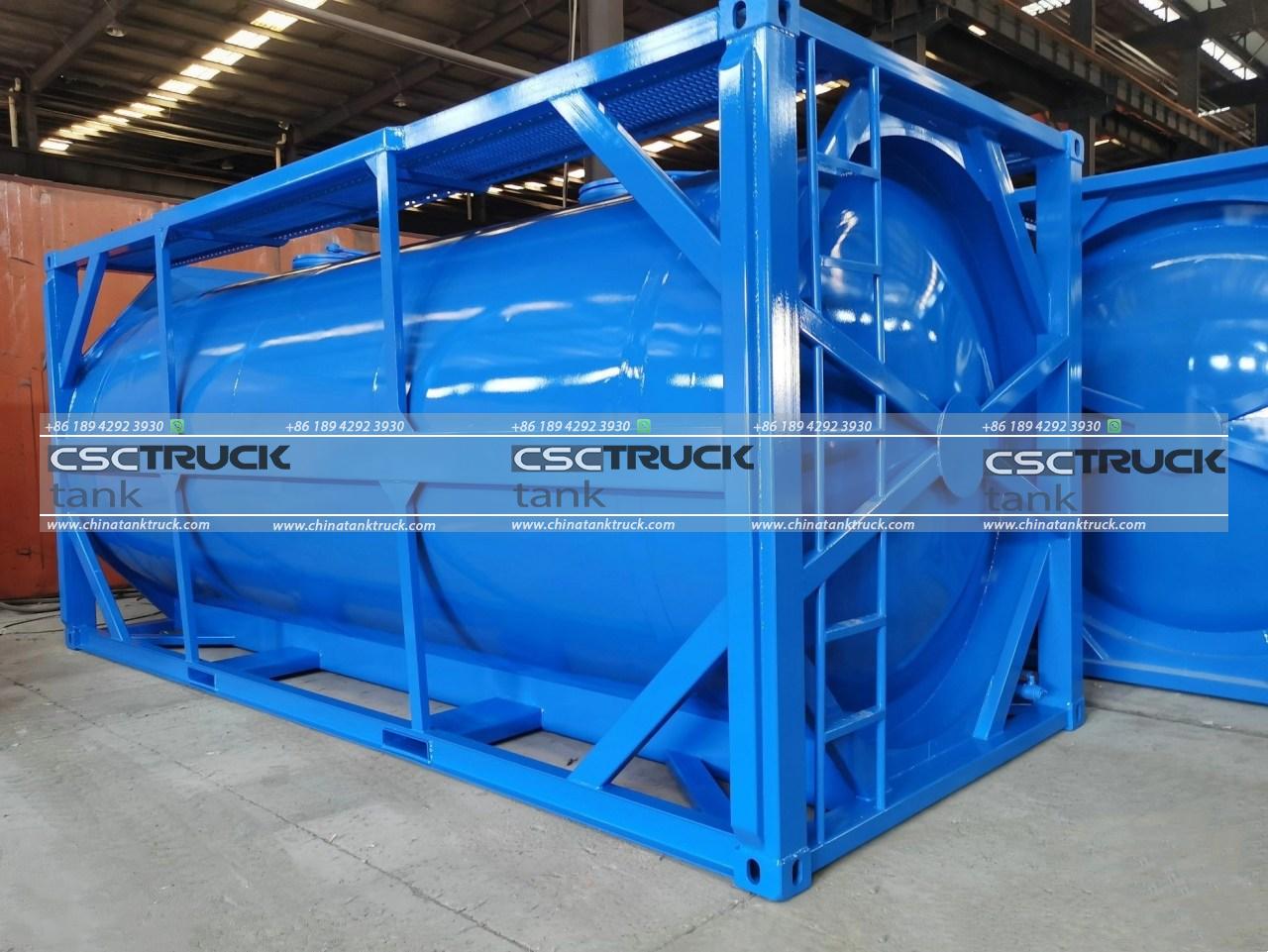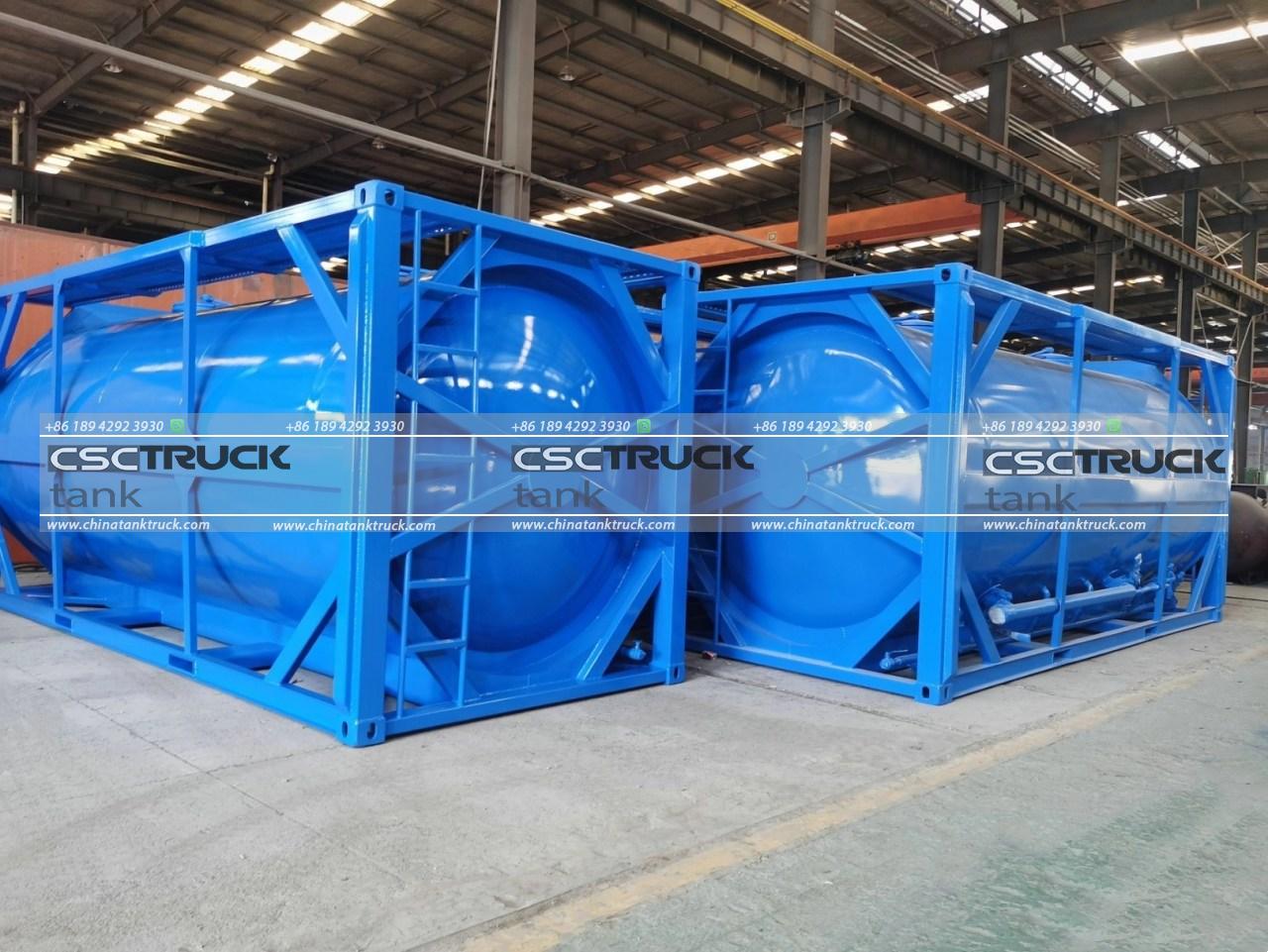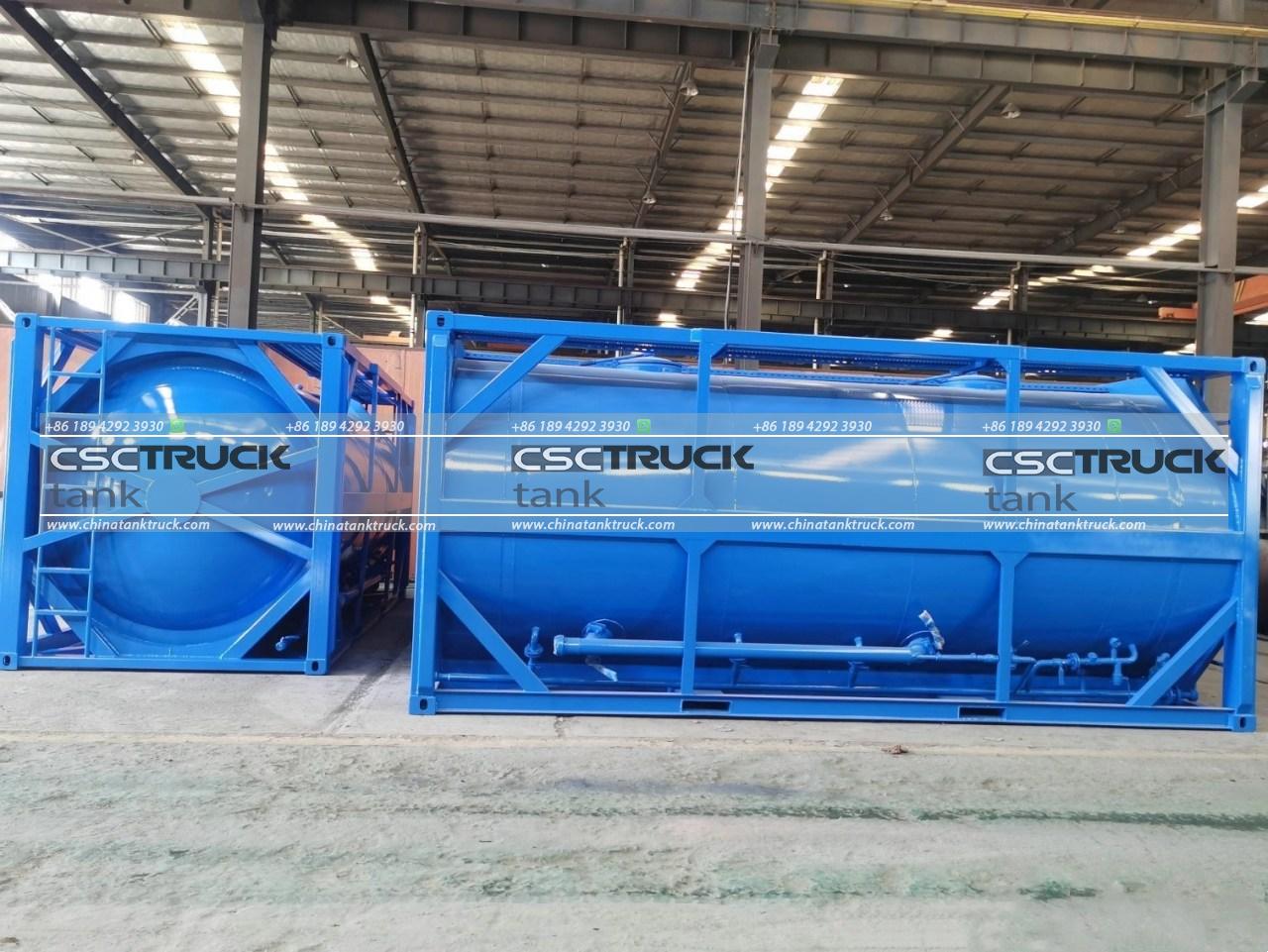What is an ISO Tanker?
In the world of logistics and transportation, ISO tankers are crucial for the efficient movement of liquids and gases across the globe. These specialized containers play a significant role in various industries, including chemicals, food and beverage, pharmaceuticals, and more. But what exactly is an ISO tanker, and why is it so essential? Let’s delve into the details.
Understanding ISO Tankers
1. Definition and Purpose
An ISO tanker is a standardized container designed to transport liquid or gas cargo. The term “ISO” refers to the International Organization for Standardization, which sets global standards for these tankers. ISO tankers are built to meet stringent international regulations, ensuring they are safe, reliable, and compatible with various modes of transport.
The primary purpose of an ISO tanker is to facilitate the efficient and safe transport of liquids and gases across different transportation networks, including ships, trains, and trucks. This versatility makes ISO tankers indispensable for global trade.
2. Structure and Design
ISO tankers are constructed from durable materials to withstand the rigors of transport. They typically consist of:
– Tank: The main component, usually made of stainless steel or other corrosion-resistant materials, holds the cargo. It is designed to handle various substances, from hazardous chemicals to food-grade liquids.
– Frame: The tank is supported by a robust frame that provides structural integrity and allows for easy handling and securing during transport.
– Valves and Pipelines: ISO tankers are equipped with various valves and pipelines to facilitate the filling, emptying, and sampling of cargo. These components are designed to prevent leaks and ensure safe handling.
– Insulation and Heating/Cooling Systems: Depending on the nature of the cargo, ISO tankers may have insulation or temperature control systems to maintain the required temperature.

Types of ISO Tankers
ISO tankers come in various types, each designed for specific cargo and transport needs. Some common types include:
1. Chemical Tankers
Designed for the transport of chemicals, these ISO tankers are built to handle corrosive and hazardous substances. They are often equipped with specialized coatings and internal linings to prevent reactions with the cargo.
2. Food-Grade Tankers
These tankers are used for transporting food and beverage products. They adhere to strict hygiene standards and are constructed from materials that do not react with food products.
3. Pharmaceutical Tankers
Pharmaceutical ISO tankers are used for the transport of medical and pharmaceutical products. They are equipped with advanced temperature control systems to maintain the integrity of temperature-sensitive cargo.
4. Gas Tankers
For transporting gases, ISO tankers are designed to handle high-pressure and cryogenic conditions. They are typically made from high-strength materials to ensure safety under extreme conditions.
Advantages of ISO Tankers
ISO tankers offer several advantages that make them a preferred choice for transporting liquids and gases:
1. Standardization
ISO tankers are built to standardized dimensions and specifications, ensuring compatibility with various transport modes and equipment. This standardization simplifies logistics and reduces costs associated with handling and transferring cargo.
2. Safety and Security
The robust design of ISO tankers, including their leak-proof valves and pressure relief systems, enhances safety during transport. They are tested to meet international safety standards, minimizing the risk of accidents and spills.
3. Versatility
ISO tankers can be used across multiple modes of transport, including ships, trains, and trucks. This versatility allows for seamless integration into global supply chains, improving efficiency and reducing transit times.
4. Environmental Impact
By enabling the bulk transport of liquids and gases, ISO tankers contribute to reducing the carbon footprint associated with smaller, less efficient containers. Their design also helps in minimizing waste and spills, promoting environmental sustainability.

Applications of ISO Tankers
ISO tankers are employed in a wide range of industries, each with its unique requirements:
1. Chemical Industry
In the chemical industry, ISO tankers transport a variety of chemicals, including acids, solvents, and specialty chemicals. Their ability to handle hazardous materials safely is crucial for preventing environmental and health risks.
2. Food and Beverage
For the food and beverage industry, ISO tankers transport liquids like milk, juices, and oils. Ensuring the cleanliness and hygiene of these tankers is essential to maintaining product quality and safety.
3. Pharmaceuticals
Pharmaceutical companies use ISO tankers to transport temperature-sensitive medicines and vaccines. The ability to control and monitor temperatures during transport is vital for preserving the efficacy of these products.
4. Gas Industry
In the gas industry, ISO tankers are used to transport gases such as liquefied natural gas (LNG) and propane. Their design must accommodate the unique pressures and temperatures associated with these substances.
Challenges and Considerations
Despite their advantages, ISO tankers face several challenges:
1. Maintenance and Cleaning
Proper maintenance and cleaning are essential to ensure the safe transport of cargo, especially when switching between different types of cargo. Failure to adequately clean an ISO tanker can lead to contamination and product degradation.
2. Regulatory Compliance
ISO tankers must comply with various international and local regulations, including those related to safety, environmental protection, and cargo handling. Keeping up with these regulations can be complex and costly.
3. Cost
The initial cost of purchasing or leasing an ISO tanker can be significant. However, the long-term benefits of efficiency and safety often outweigh this initial investment.

Conclusion
ISO tankers are a cornerstone of modern logistics, offering a reliable and efficient solution for transporting liquids and gases across the globe. Their standardized design, safety features, and versatility make them indispensable in various industries, from chemicals to food and pharmaceuticals. As global trade continues to expand, the role of ISO tankers in facilitating smooth and secure transport will remain vital, contributing to the seamless functioning of international supply chains.

